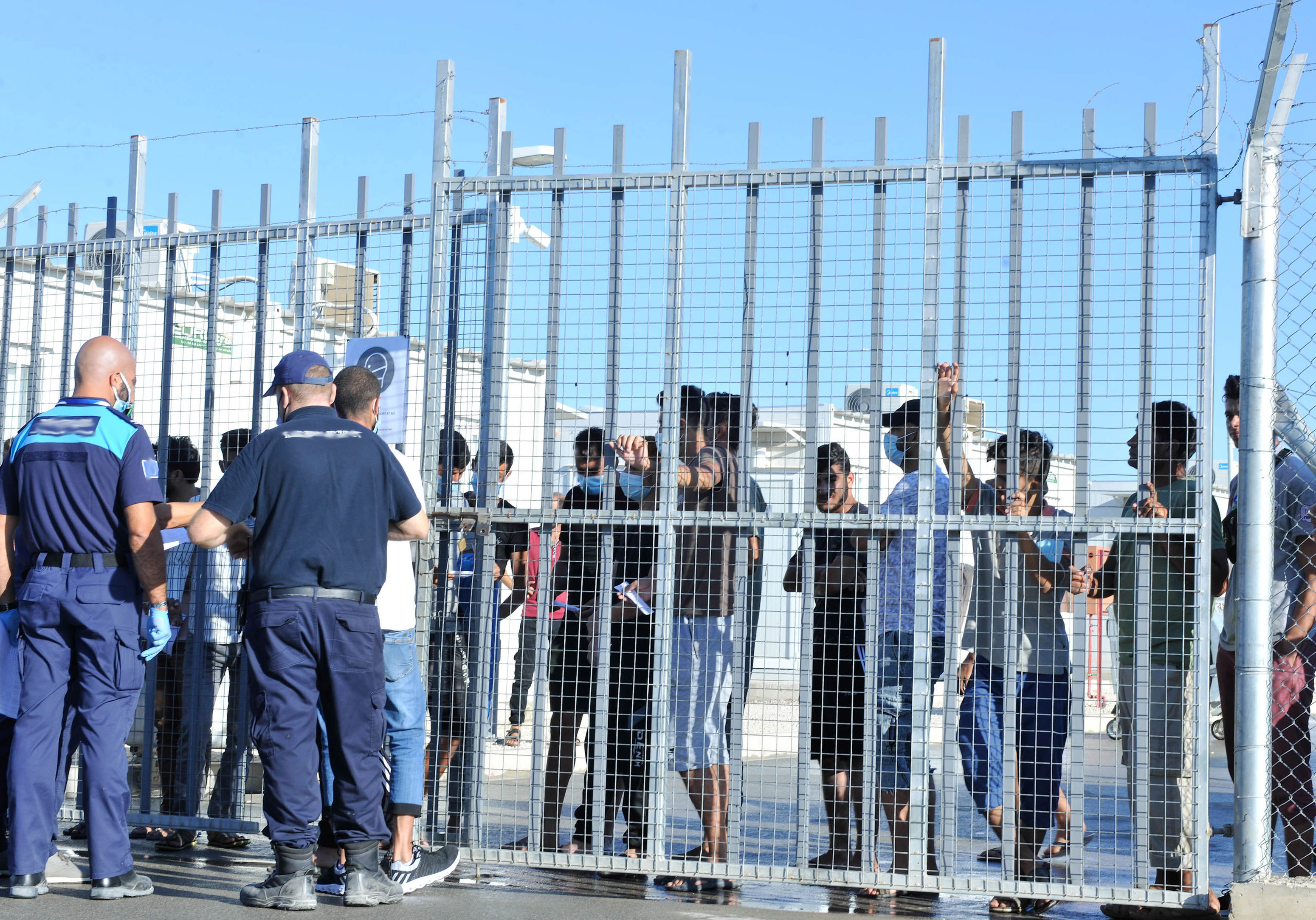The UN human rights council is set to discuss the report of its working group on the use of mercenaries – privately hired professional combatants – in Cyprus in their upcoming September meeting. The working group had visited the island in January.
While the report did make reference to mercenaries and the fact that Cyprus is not a party to the international convention against the recruitment, use, financing and training of mercenaries, its main focus was private security, both on land and on sea, with Cyprus-flagged merchant ships frequently travelling with security on board.
According to its estimates, around 224 companies with 4,600 employees and 1,100 self-employed workers operate on the island.
“With such a high number of private security personnel in the country, [we] highlight the need to establish an independent and appropriate oversight body or mechanism to effectively oversee them and to ensure that private security operators are not involved in human rights violations,” the group wrote in its report.
In its findings, the group identifies a several grievances on land, including a lack of controlling mechanisms and the inadequate training of security guards on human rights issues, the use of force and the prevention of ill-treatment.
The group expressed its concern about the common use of private companies in migrant reception centres, where there is said to be an increased risk of human rights violations.
At sea, the report stated that Cyprus “has made notable strides towards regulating and strengthening standards governing private security companies”.
It praised Cyprus’ “stringent registration requirements and commitment to safety, security and compliance in the use of unarmed and armed security personnel” on Cypriot-flagged vessels in “high-risk areas”.
“High standards and compliance are critical in ensuring protection against human rights abuses or criminal activities, especially given that arms and use of force can be used in these contexts,” it added.
To this end, Cyprus was commended on its establishing and the enforcement of the vessel protection law. The legislation, which came into force in 2012 sets out strict criteria for the recruitment of armed guards on Cypriot ships and implements restrictions on the use of weapons on them.
With this in mind, it said that “the same high standards and oversight should be applied to those operating on land”.
On the matter of mercenaries, the report stated that there were no cases of Cypriots involved in mercenary groups or mercenaries being transported to other countries.
However, it identified a lack of regulation that specifically punishes the recruitment, training and financing of mercenaries for participation in a foreign conflict, warning that the absence of a regulatory framework created loopholes which could be exploited by international networks.
A delegation of the working group had visited the island in January and met with contacts in Nicosia, Limassol and Larnaca including the foreign ministry, the defence ministry, the shipping deputy ministry and the police, to assess the situation on site.
The delegation sent to Cyprus was comprised of two of the group’s five members: chairwoman-rapporteur Jovana Jezdimirovic Ranito of Serbia and Michelle Small of South Africa.
The working group will present a full report of its visit to Cyprus at the 60th session of the UN human rights council, which will begin the week after next.






Click here to change your cookie preferences